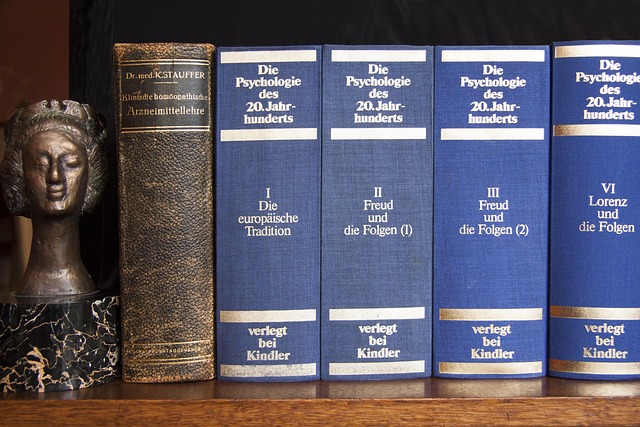
Psychoanalysis Founder
Psychoanalysis Founder
Psychoanalysis, a significant psychological theory and therapeutic approach, has its roots in the work of several key figures, with Sigmund Freud being the most prominent. This article explores the foundational aspects of psychoanalysis, its evolution, and the contributions of notable theorists who shaped the field.
Sigmund Freud: The Pioneer
Sigmund Freud, often referred to as the father of psychoanalysis, developed his theories in the late 19th and early 20th centuries. Although he was not a formal member of the British Psychoanalytical Society, his influence on the discipline is undeniable. Freud introduced concepts such as the unconscious mind, defense mechanisms, and the significance of dreams in understanding human behavior. His work laid the groundwork for future psychoanalysts and sparked widespread interest in the psychological underpinnings of human experience.
Ella Sharpe: Bridging Literature and Psychoanalysis
Ella Sharpe (1875-1947) was a notable figure in the development of psychoanalysis in Britain. Born near Cambridge, she pursued studies in literature, drama, and poetry at Nottingham University. Initially working as a teacher, her passion for literature and education led her to explore psychoanalysis. Sharpe's unique perspective contributed to the understanding of the interplay between literature and psychological theory, emphasizing how narratives can reflect and influence human psychology.
Melanie Klein: A Controversial Innovator
Melanie Klein was another pivotal figure in the evolution of psychoanalysis. Her membership in the British Psychoanalytical Society spanned over thirty years, during which she introduced groundbreaking theories regarding child development and the inner world of children. Klein's work focused on the emotional experiences of children, particularly their relationships with primary caregivers. Her theories, while controversial, have had a profound impact on psychoanalytic thought and practice, particularly in understanding the complexities of early emotional development.
Michael Balint: Expanding Psychoanalytic Practice
Michael Balint, originally named Mihály Balint, was a Hungarian psychoanalyst who made significant contributions to the field. He changed his name against his father's wishes and later moved to London, where he became involved with the British Psychoanalytical Society. Balint's work emphasized the therapeutic relationship between the analyst and the patient, advocating for a more relational approach to psychoanalysis. His ideas have influenced contemporary psychoanalytic practice, particularly in the context of patient care and the therapeutic alliance.
The Evolution of Psychoanalysis
The development of psychoanalysis has been marked by a series of theoretical advancements and shifts. From Freud's initial theories to the later contributions of Klein and Balint, the field has expanded to encompass various perspectives and methodologies. Psychoanalysis has evolved from a focus on the individual psyche to a broader understanding of relational dynamics and social contexts. This evolution reflects the changing landscape of psychology and the ongoing dialogue between theory and practice.
Conclusion
Psychoanalysis has a rich history shaped by influential figures who have contributed to its development over the past century. From Freud's foundational theories to the innovative ideas of Sharpe, Klein, and Balint, the field continues to evolve. Understanding these contributions provides insight into the complexities of human behavior and the therapeutic process, highlighting the enduring relevance of psychoanalytic thought in contemporary psychology.

















 Stereoisomers of 1 4 Dimethylcyclohexane
Stereoisomers of 1 4 Dimethylcyclohexane 
 Health
Health  Fitness
Fitness  Lifestyle
Lifestyle  Tech
Tech  Travel
Travel  Food
Food  Education
Education  Parenting
Parenting  Career & Work
Career & Work  Hobbies
Hobbies  Wellness
Wellness  Beauty
Beauty  Cars
Cars  Art
Art  Science
Science  Culture
Culture  Books
Books  Music
Music  Movies
Movies  Gaming
Gaming  Sports
Sports  Nature
Nature  Home & Garden
Home & Garden  Business & Finance
Business & Finance  Relationships
Relationships  Pets
Pets  Shopping
Shopping  Mindset & Inspiration
Mindset & Inspiration  Environment
Environment  Gadgets
Gadgets  Politics
Politics 